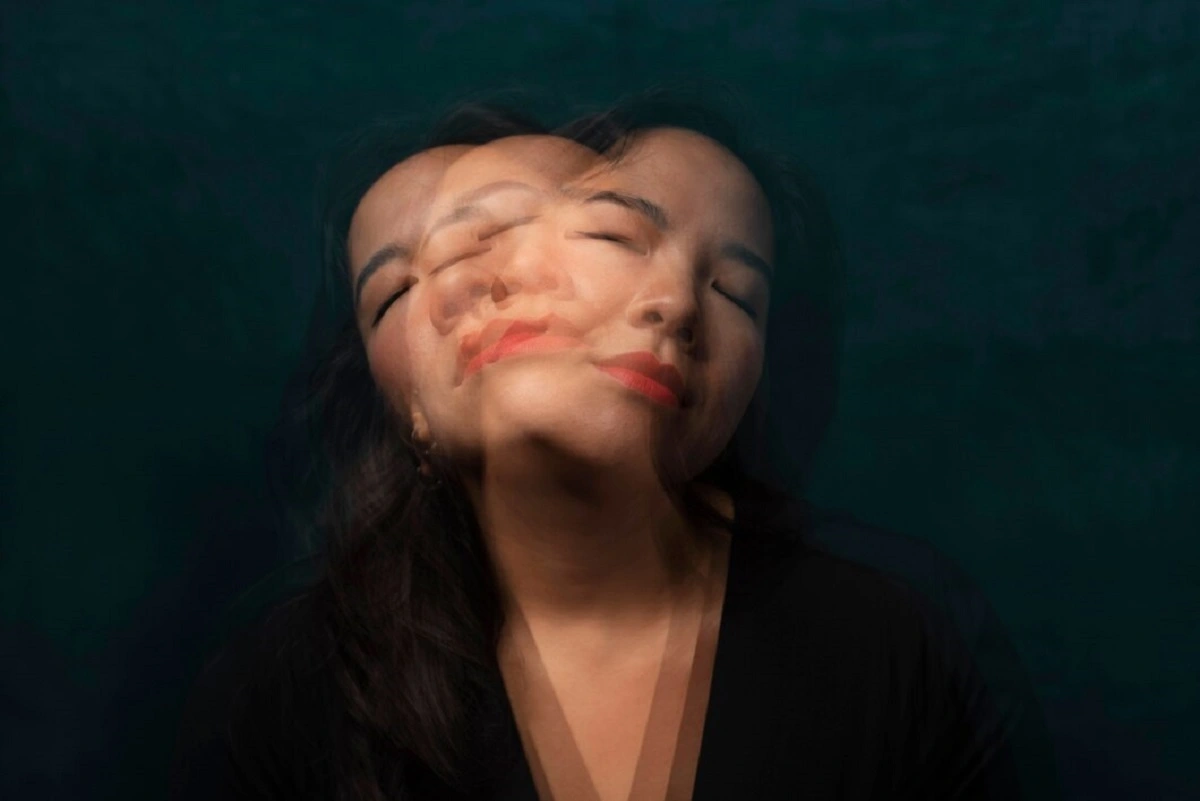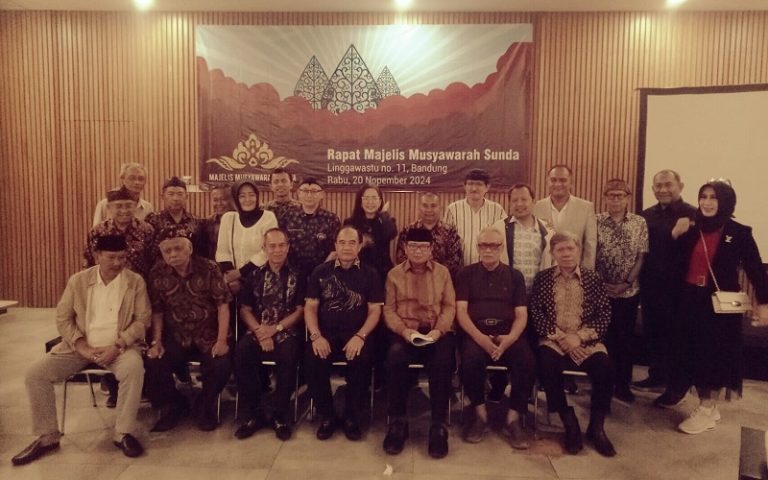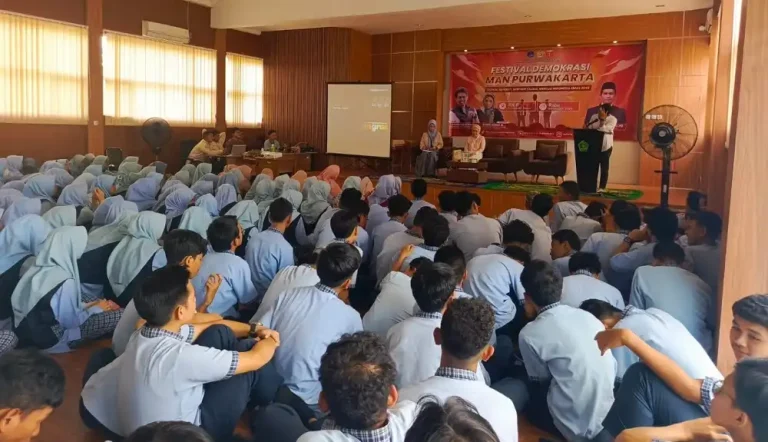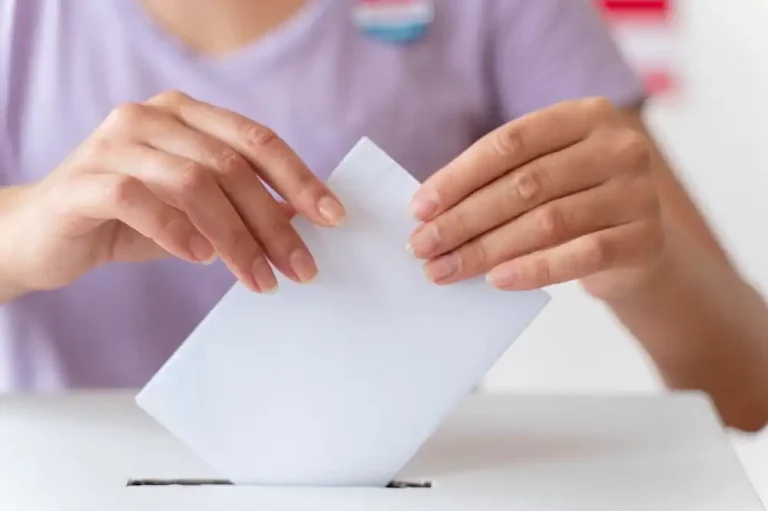JABARNEWS | PURWAKARTA – A woman’s voice echoed through the Local People’s Representative Council (DPRD) plenary meeting room of Purwakarta Regency on Friday afternoon (Feb 21). With unwavering confidence, Shela Amelia, a 22-year-old university student, stood tall, voicing her aspirations amidst the “Indonesia Gelap” protest.
All eyes were on her. The air in the room grew heavy as Shela took a deep breath. She looked directly at the two council leaders seated before her with a piercing gaze and a firm voice.
“Revoke Presidential Instruction No. 1 of 2025 regarding budget efficiency that does not favor the people. Restore the initial education budget allocation, increase education funding, especially for PTN-BH, private universities, and scholarships,” she declared resolutely.
Her voice grew stronger as she continued, “Expand access to higher education for the children of laborers and farmers, who have long been hindered by high education costs. Implement budget allocations for lecturer performance allowances.”
“Conduct a total evaluation of the Free Nutritious Meal program. efficiency and restructure the Merah Putih cabinet. Abolish the multi-functionality of ABRI! Military involvement in the civil sector has the potential to create repression and hinder democratic life. Urge the President to issue a government regulation in lieu of law regarding asset confiscation,” her powerful voice reverberated against the walls, delivering sharp criticism of government policies she deemed neglectful of the people’s interests.
The two council leaders in Purwakarta watched attentively, while other demonstrators nodded in agreement. Criticism of government policies that were perceived as anti-people had struck deep.
However, who would have thought that sexist comments would be the price she had to pay for her courage in criticizing government policies?
When videos and photos of Shela spread on social media, the comments were not just about the substance of her criticism. A netizen with the account (@Ju*******) wrote a harsh remark: “Yang cewek tuh suruh nikah ajah” (Women should just get married – red).
A simple sentence, yet it reflects how deeply patriarchy is still ingrained in society’s perception of women’s roles in public spaces.
“As if being a woman means I’m not allowed to speak up. It’s painful. I was even afraid to meet people,” Shela said with teary eyes when met in Purwakarta on Wednesday (February 26, 2025).
The coordinator of Aliansi BEM Purwakarta (The Purwakarta Student Executive Board Alliance – red) admitted that she was shaken. It wasn’t the demonstrations that made her falter, but the barrage of demeaning comments attacking her identity as a woman. Shela never imagined that her courage would be met with gender-based discrimination.
“When people ask what else needs to be fought for in gender equality, this is the answer. The invisible double burden, the dictation of how I should lead, even my body language being commented on,” Shela said, letting out a deep sigh.
Behind her firm gaze and strong voice during demonstrations, Shela harbored deep concerns. The stereotypes imposed on women constantly tried to limit her steps. Yet, her determination to keep speaking out remained unwavering.
“This is clear proof that the world is still trapped in patriarchy and that injustice still prevails. If I give up and back down, what about my fellow women who want to speak out boldly?” she declared with growing intensity.
Shela’s eyes drifted into the distance as she spoke about her hopes. She wants her courage to inspire other women not to fear fighting for gender justice, even in the face of insults and sexist remarks.
The stigma Shela has to face does not stop at her gender identity. As a student training to become a teacher at an educational university in Purwakarta, she also endures layered attacks.
“Some people say, ‘You’re supposed to be a future teacher, but why do you act like this?'” Shela mimicked the harsh comments she received on social media.
With a determined gaze, she compared her experience to the case of a teacher who was also the vocalist of a band in Sukatani and was dismissed for being deemed “inappropriate” in appearance. Shela saw a recurring pattern—the silencing of critical voices by imposing a narrow standard of how a teacher should behave.
“If teachers are always confronted to conform to society’s narrow standards, then what about us, the future educators, who seek justice?” she asked in frustration.
Sitting while occasionally adjusting her hijab, Shela questioned whether criticizing government policies required one to conform to unwritten rules simply because of their profession.
“We all have our own ways and styles of expressing criticism, so why are we restricted just because we are teachers or future teachers?” she concluded firmly.
Wave of Solidarity Against Sexist Comments
Shela’s story is not an isolated case. The sexist comments she received sparked a wave of solidarity from netizens who care about gender equality. A user on X (formerly Twitter) with the handle @tok****** expressed their support:
“Every time there’s political criticism, especially involving women, there’s always someone who says, ‘Just get married,’ as if that’s a woman’s only fate. This isn’t just sexism—it’s a systematic way to belittle women’s voices and shift the issue from substance to patriarchal nonsense.”



